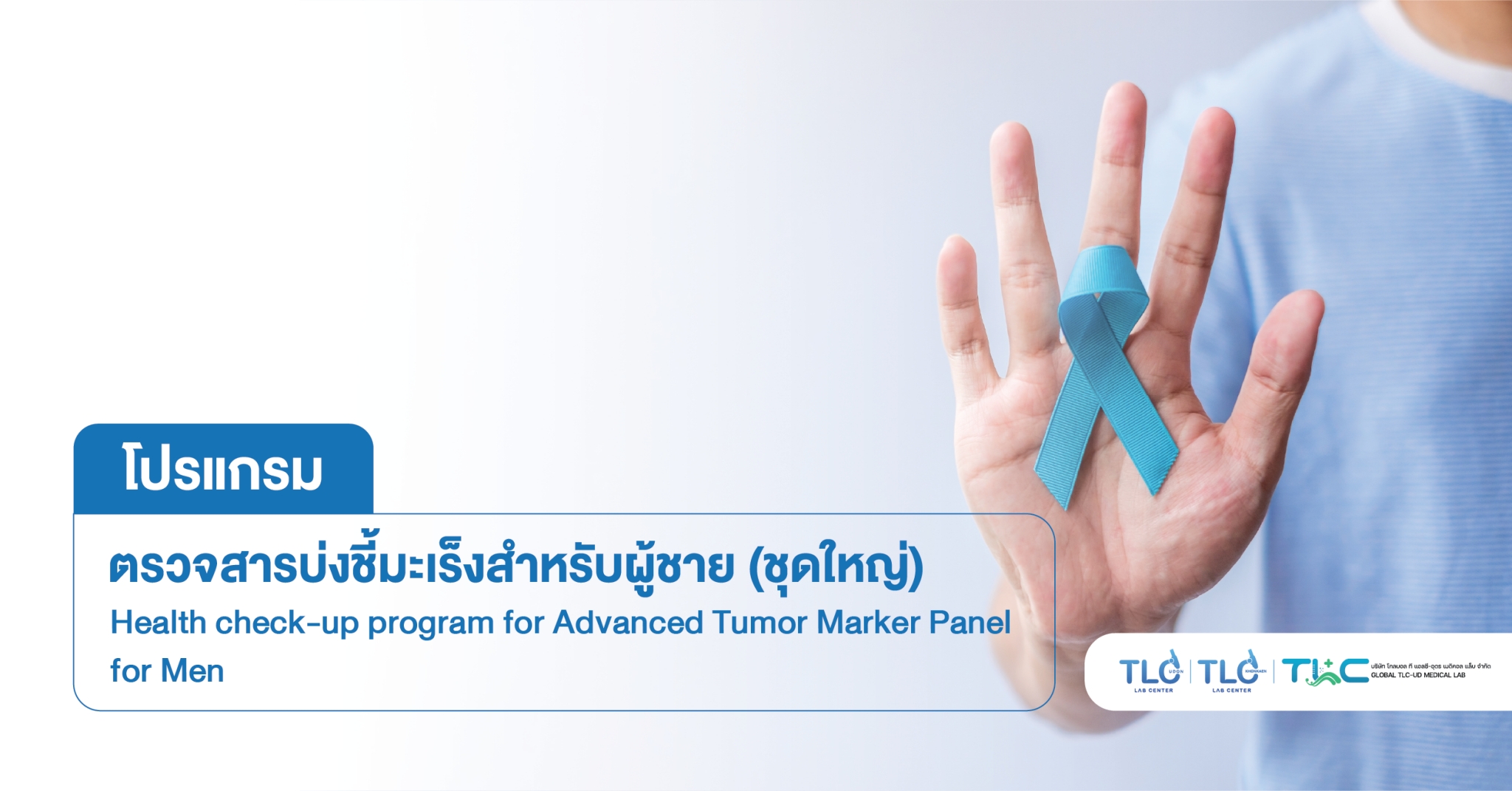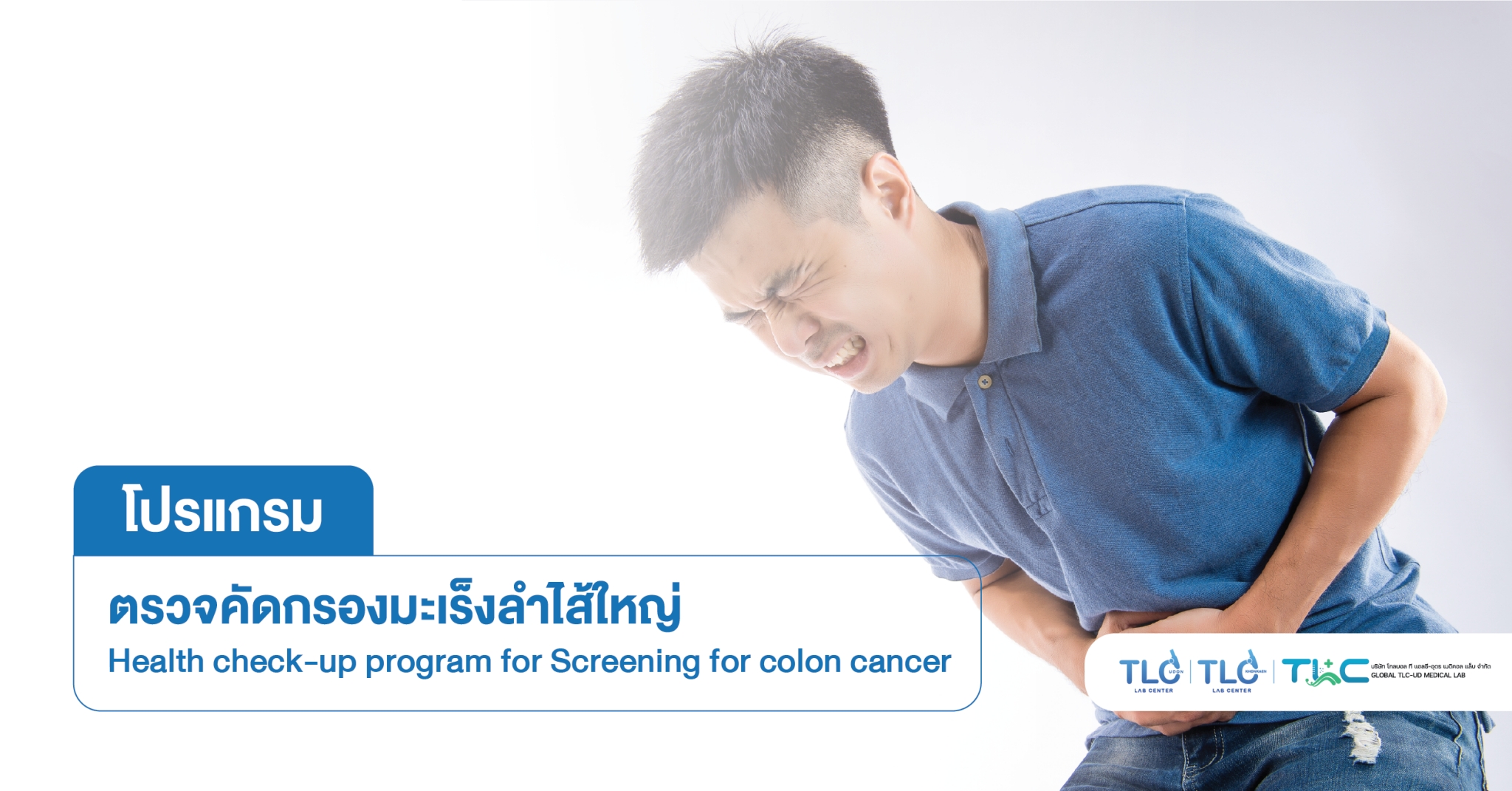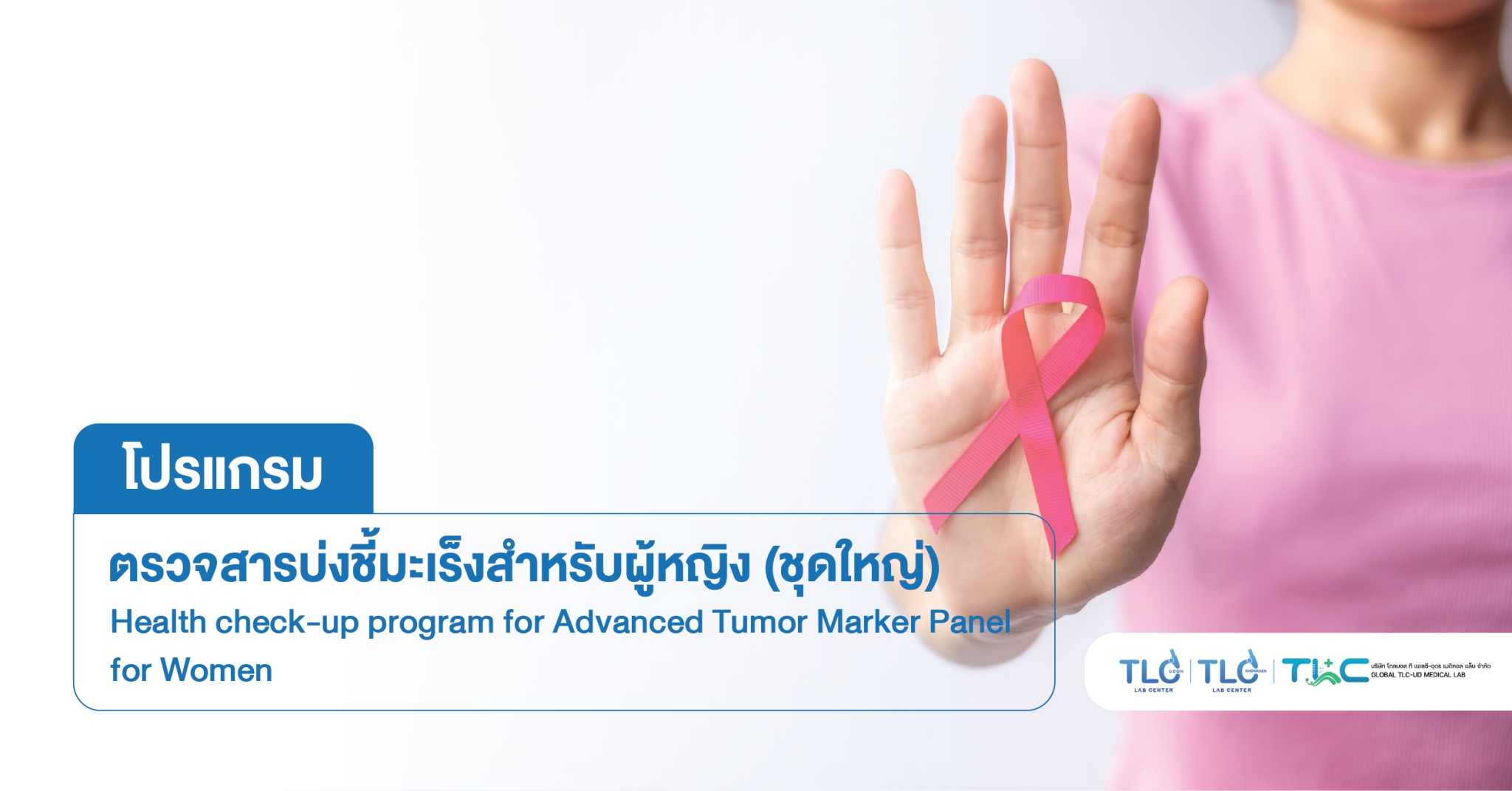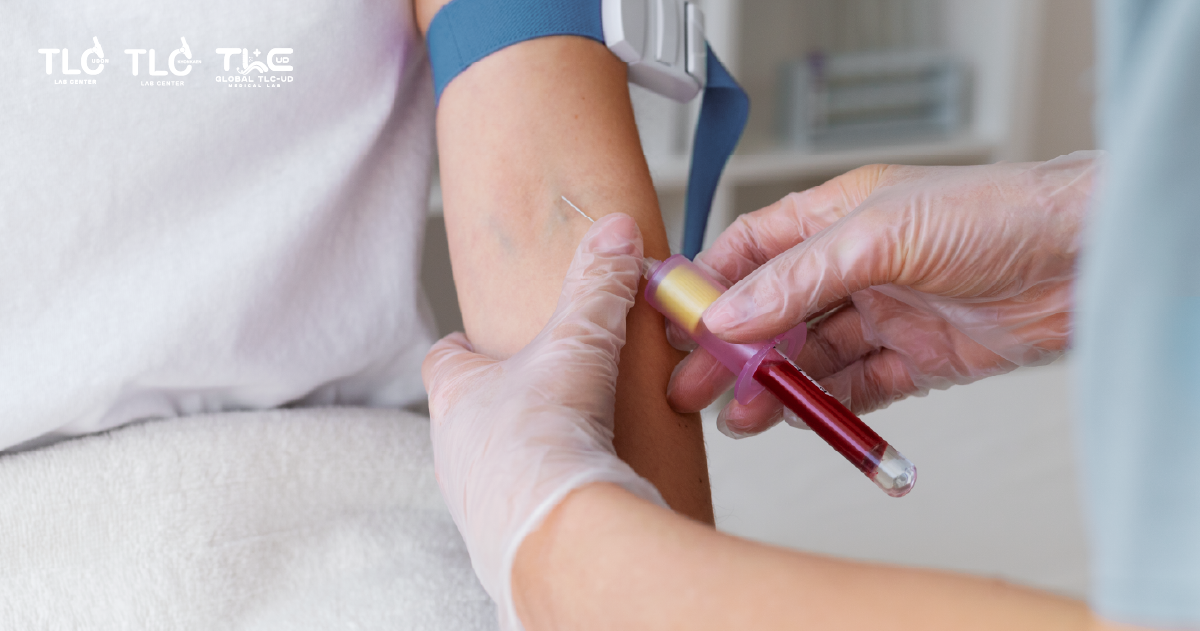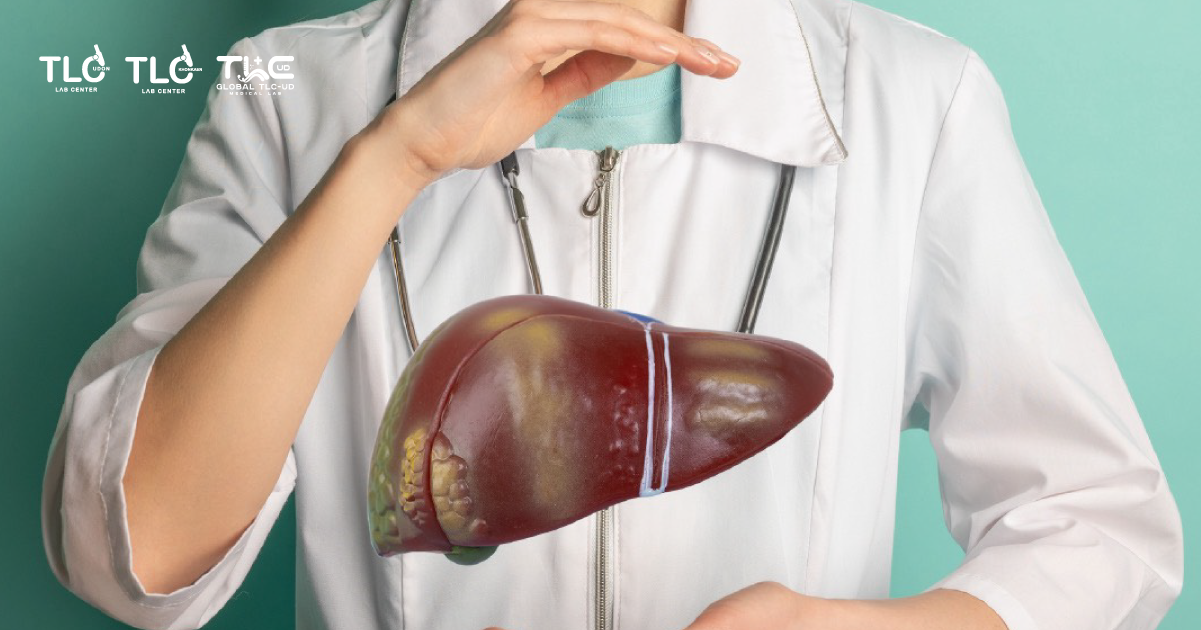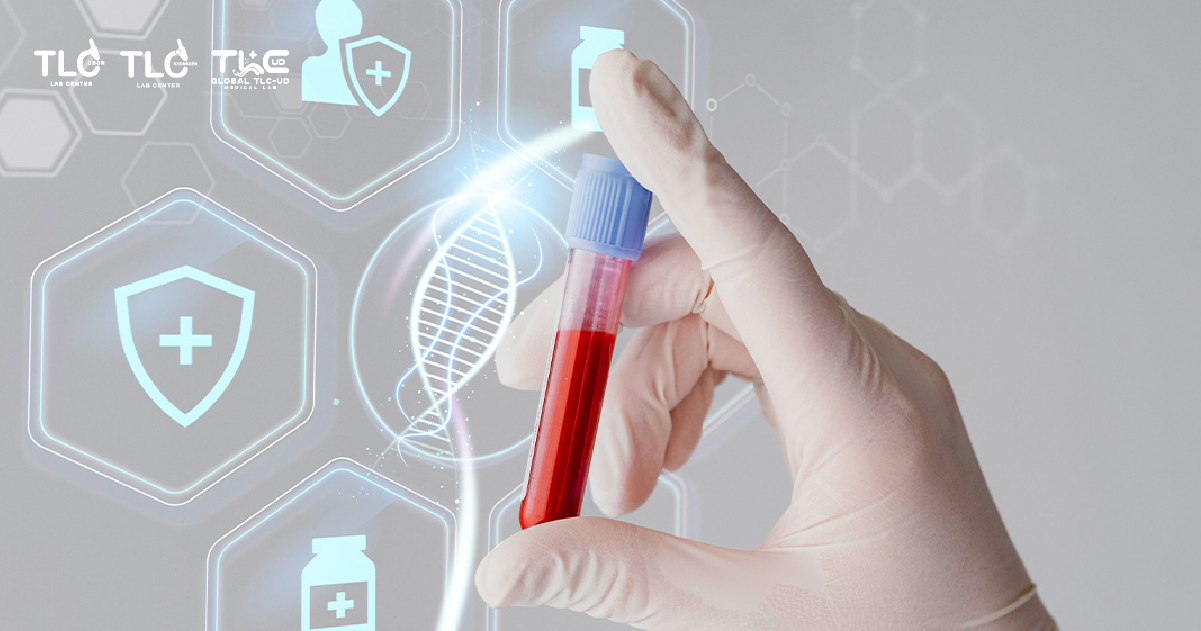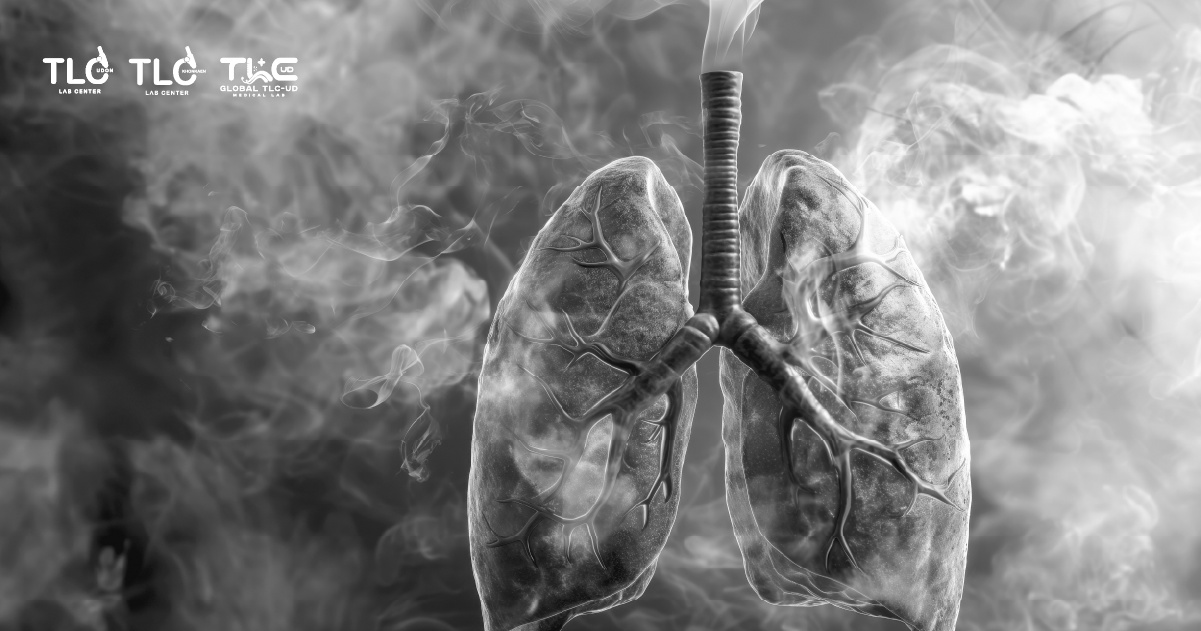Check for Helicobacter Pylori Infection (H. Pylori) - the cause of stomach ulcers.
Have you ever experienced these symptoms? Abdominal pain that comes and goes, feeling hungry but in pain, full but still in pain. Thinking it’s just a common stomach problem, some may not worry much. Taking medication for a while might seem like a solution, but for some who have had it for a long time and find no relief even with stomach medications, it’s time to be concerned! These symptoms could be due to an infection with a bacterium called “Helicobacter Pylori” (H. Pylori). If not treated promptly, it could escalate beyond a simple stomach problem.
What is Helicobacter Pylori (H. Pylori)?
Helicobacter Pylori, or simply H. Pylori, is a bacterium that resides in the stomach lining. It’s generally not harmful unless there’s a sudden infection or a significant quantity, which could lead to ulcers in the stomach and intestines. In severe cases, it might even progress to stomach cancer.
Symptoms of Helicobacter Pylori Infection:
Most people with H. Pylori infection don’t exhibit any symptoms. However, some may experience discomfort or inflammation of the stomach lining, leading to various symptoms, such as:
- Intermittent or chronic upper abdominal pain or burning sensation, especially when the stomach is empty or after eating.
Bloating and frequent burping.
Nausea.
Vomiting with blood or dark brown stomach content.
Dark, tarry stools with a strong odour.
If these symptoms are observed, it’s crucial to consult a doctor for a detailed examination and prompt treatment to prevent the infection from becoming severe.

How is Helicobacter Pylori Transmitted?
The exact transmission of H. Pylori is not clear, but it can spread from person to person through contact and ingestion without symptoms. Consuming contaminated food and water increases the risk, especially if in close proximity to infected individuals or residing in areas with poor hygiene.
Diagnosis to confirm an H. Pylori Infection:
When symptoms are unclear, a thorough examination is necessary to confirm an H. Pylori infection. This can include:
Blood tests to check for antibodies produced by the body to fight the infection.
Stool tests to detect antigens or antibodies indicative of infection.
Endoscopy, where a small camera is inserted through the mouth to examine the digestive tract. In some cases, a tissue sample may be taken for further analysis.
Urea Breath Test to detect H. Pylori by measuring carbon dioxide levels in the breath.
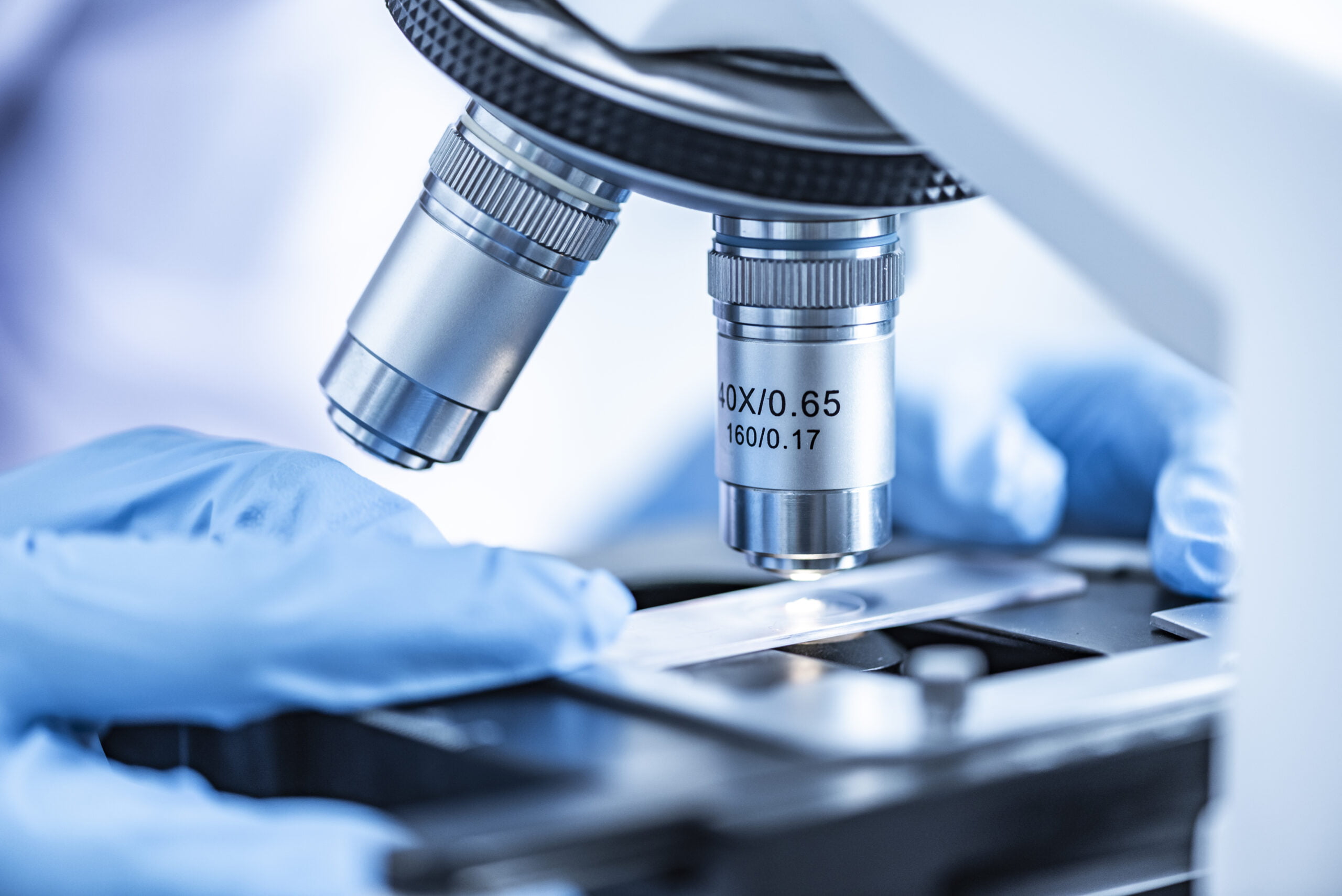
Treatment of Helicobacter Pylori Infection:
If an H. Pylori infection is confirmed, treatment involves a combination of specific antibiotics taken continuously for 1-2 weeks, along with lifestyle changes:
Avoiding certain pain relievers like aspirin and nonsteroidal anti-inflammatory drugs.
- Adopting regular, smaller meals throughout the day to prevent prolonged periods of an empty stomach.
After treatment, follow-up tests are essential to ensure the infection is eradicated. If still present, a different course of antibiotics may be prescribed.
Complications of Helicobacter Pylori Infection:
Untreated H. Pylori infections can lead to severe complications, including:
Gastrointestinal bleeding.
Perforation of the stomach lining.
- Gastric obstruction.
Increased risk of stomach cancer.
Preventative Measures:
To reduce the risk of infection and avoid activities that may trigger stomach ulcers, consider:
Thoroughly washing hands before preparing and consuming food.
Avoiding unclean food and water, including undercooked food.
Limiting the consumption of highly spiced foods, alcohol, and refraining from smoking.
Managing stress and anxiety through adequate relaxation.

In conclusion, Helicobacter Pylori is not only a cause of stomach problems but also a significant risk factor for stomach cancer. If diagnosed, it’s crucial to seek continuous treatment from a specialized doctor and to adhere to their recommendations diligently.


